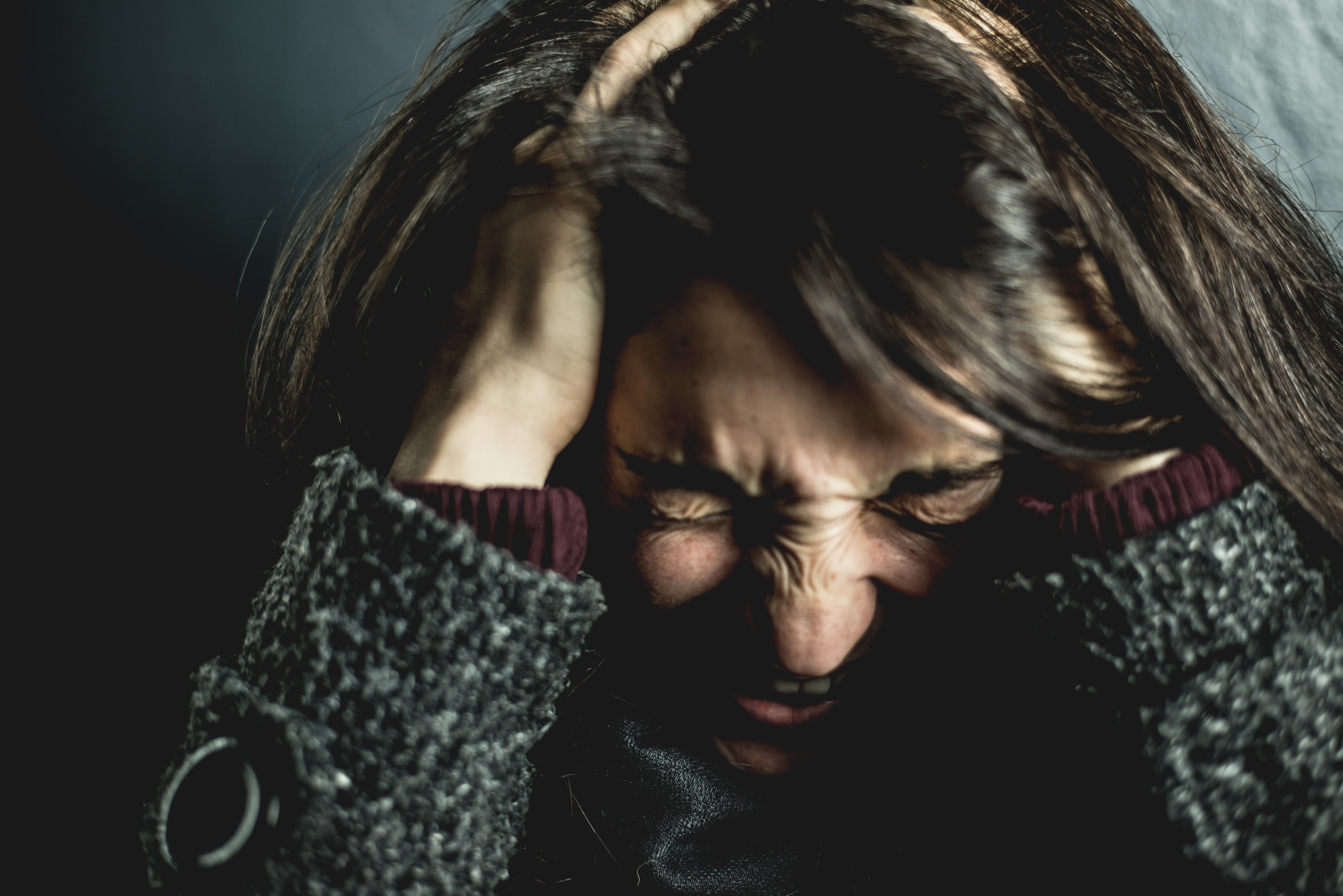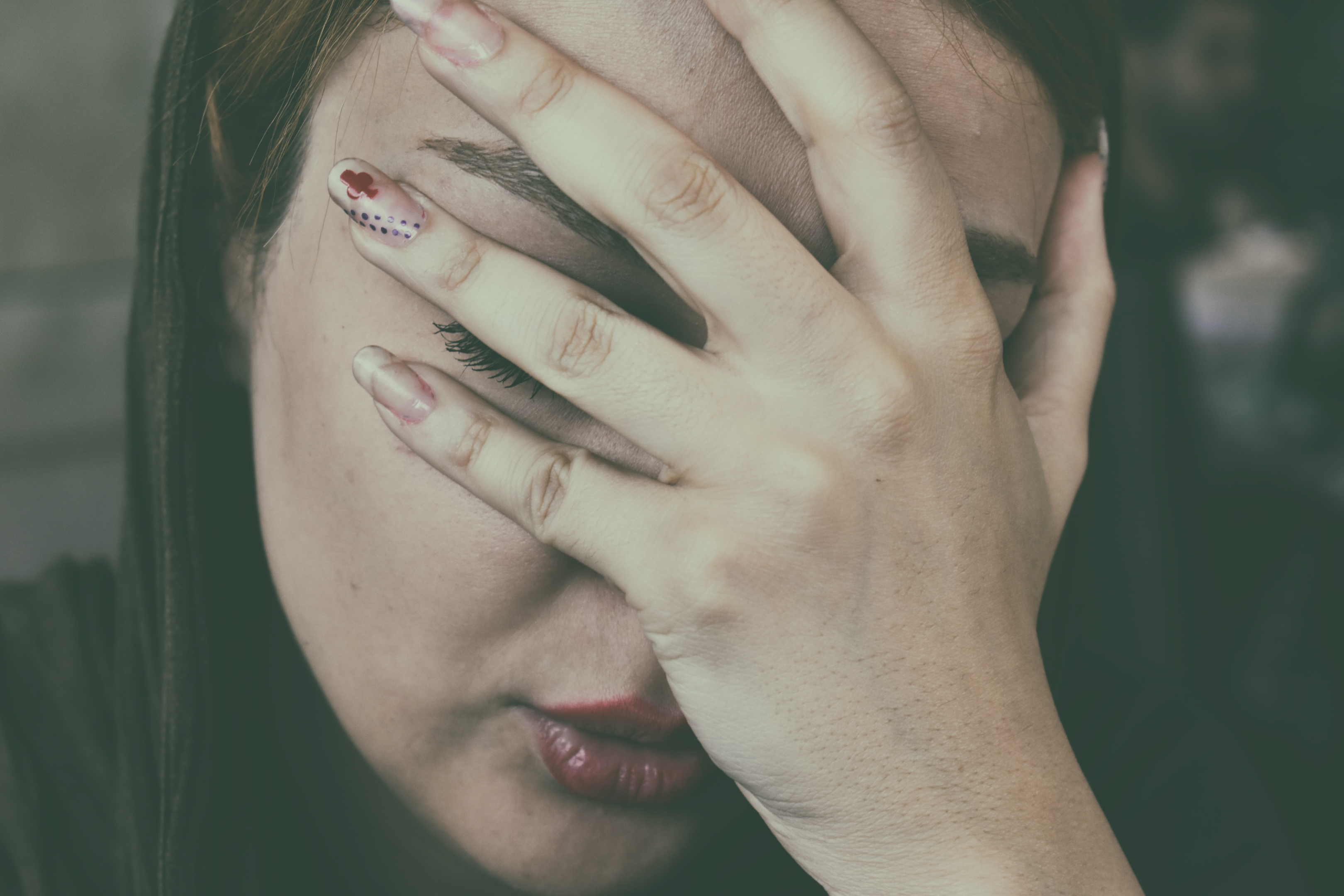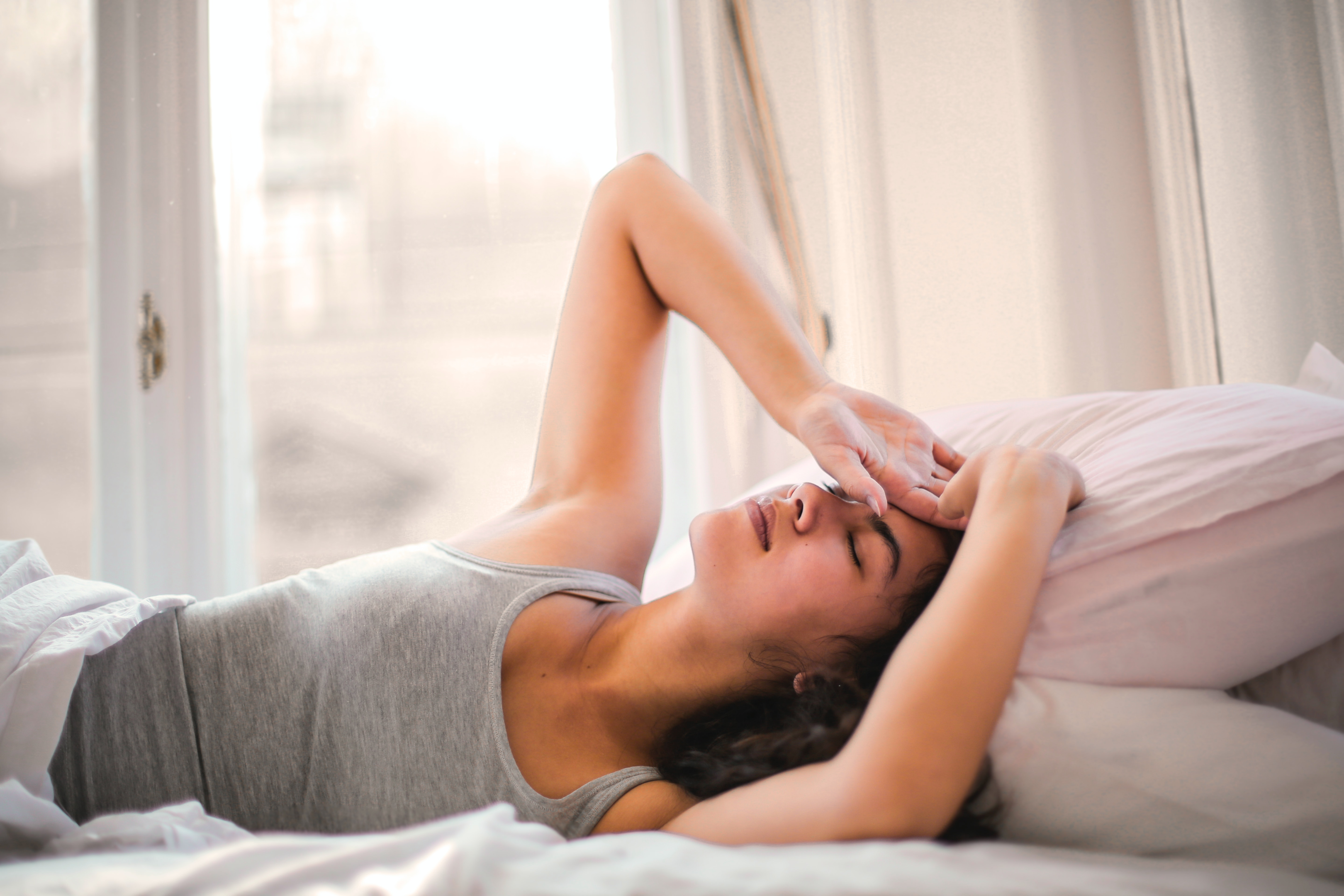Menopause Headaches Explained


We all endure head pain and headaches from time to time, and some of us are unlucky enough to suffer migraines. Because of hormonal fluctuations, headaches are more likely after menopause. If you have previously had headaches, particularly migraines, you may discover that menopausal headaches are more severe or frequent.
Menopausal anxiety and stress may also be significant migraine causes for certain women. Headaches are unpredictable. Those who cause negative consequences may cure themselves. Caffeine and chocolate have various effects in different situations. It also remains true for hormone levels.
Moreover, migraine sufferers from hormone imbalances find relief during menopause. Most women may get greater headaches as they go through life.
This article will help you understand how to lower your risk of menopause by concentrating on headaches and tips for improving your life.

Over 50% of adult women get headaches due to their menstrual periods. The major cause of these symptoms is the oestrogen hormone. During menopause, both menstrual periods and hormones cause unpredictable behaviour in the body. Hormone fluctuations may also cause migraines. As a result, women frequently have less severe attacks following menopause. There is no precise solution, as menopause illnesses affect women differently. Migraines are a typical symptom of menopausal women.
Menopause officially signifies the end of the fertility of a woman. It is a very routine procedure between the ages of 45 and 55. Menopause occurs after you have skipped a year's worth of menstruation for no apparent cause.
Perimenopause is the period before menopause. It might continue for months, if not years. It is linked with a variety of symptoms. This includes the following:
hot flashes
mood changes
weight gain
vaginal dryness
night sweats
thinning hair
Although unlikely, it is possible to have a perfectly regular menstrual cycle until your period stops altogether. Most of the time, you'll have a normal period, but in some, you might miss it. This is due to your body's hormonal headaches fluctuations.
Oestrogen levels typically fall as you approach menopause. However, this may occur in an uneven pattern. In addition, your body will produce less testosterone and progesterone than it did in previous years. These hormonal mood swings might influence your headaches.

Menopause may cause headaches in a variety of ways. Because the effects vary from woman to woman, you may not see the same changes as another.
If a hormone imbalance causes your headaches, you may seek comfort after menopause. This might imply that you experience fewer or less severe headaches. This is because your hormone levels remain stable after your menstruation has ended.
However, some women have more severe or frequent headaches during perimenopause. It is also conceivable for women who have never had hormone headaches to begin experiencing them during this period.
Moreover, women who suffer from migraines often claim that their headaches worsen during perimenopause. This is especially true for women who previously had headaches that worsened around their ovulation and periods.
Migraine headaches are a form of headache. They are usually the most debilitating. They are distinguished by throbbing pain on one side of the head and sensitivity to sound or light.
A typical cause is oestrogen withdrawal. This is why headaches are more common during menstruation. The hormonal changes—or lack thereof—that relieve migraines in some women after menopause might also induce greater headaches in the months before.
This is due to decreased hormone levels such as progesterone and oestrogen during perimenopause. Because this decline is not always steady, women who get headaches throughout their monthly menstrual cycle may have greater headaches during perimenopause. During this period, it is also typical to have more severe headaches.

Other non-medication strategies, such as relaxation, a healthy lifestyle, and a diary, may be beneficial in lowering a headache linked with menopause. Menopause headaches vary in frequency and kind, with migraines being the most prevalent.
1. Healthy lifestyle. Reduce your consumption of caffeine, alcohol, and any other known headache causes. Get some aerobic exercise and stick to a regular sleep schedule.
2. Relaxation. Yoga and acupuncture are other suggested solutions.
3. Diary. Try to maintain a headache journal (including symptoms, times, dates, and possible migraine triggers). This will assist you and the doctor in monitoring your condition, particularly if your headache is associated with your menstrual cycle.
4. Talk to your doctor. Headaches may be caused by various diseases, many of which can be efficiently treated if diagnosed.
Headaches may induce changes in HRT reaction rates. Migraines often improve in response to hormone treatments. Use hormone replacement therapy as an alternative therapy for menopausal symptoms but discover that a headache is worse. You may address the condition using oestrogen gels or patches. Transdermal patches produced by migraine treatments are typically safe for women. It is because migraines create significant health issues in women.
Discover Welzo's HRT information and treatment options here.
Some hormonal contraceptive methods might trigger migraines and mood. In many cases, hormonal contraceptives may help minimise hormone related menstrual migraines by lowering oestrogen levels throughout menstrual cycles. In certain situations, hormonal contraception may diminish menstrual pain and migraine symptoms in female patients whose symptoms have been eliminated from the system.
Oestrogen levels are high throughout the first year of pregnancy, but they do not rise throughout the pregnancy. Migraine symptoms might improve during pregnancy. Tension headaches DO NOT usually intensify as a result of hormone changes. If you have migraines while pregnant, talk to your doctor before taking any medication. Moreover, many medications might have dangerous adverse effects on babies. A rapid reduction in oestrogen levels after delivery may cause headaches and gastrointestinal irritation.
Many women get recurring headaches for months. Their doctor may recommend preventative medicine, such as NSAIDs, to minimise inflammation or discomfort. It may also be helpful for you to begin headache therapy at least two weeks before your period, which should persist for up to two weeks. You may need to take prescription medication daily if you get headaches during irregular or regular periods. Depressants and beta blockers are common ingredients in daily medications.
Although it is not assured, menopause may provide other women with headache relief after the hormonal roller coaster has subsided. Meanwhile, consult your doctor to determine your lifestyle changes and the optimum combination of medications.
Furthermore, if you feel the headaches interfere or worsen your quality of life, consult your doctor. They can rule out other possible reasons and, if required, change your treatment approach.
If you would like to learn more about Menopause, read our information page here.










Plus get the inside scoop on our latest content and updates in our monthly newsletter.